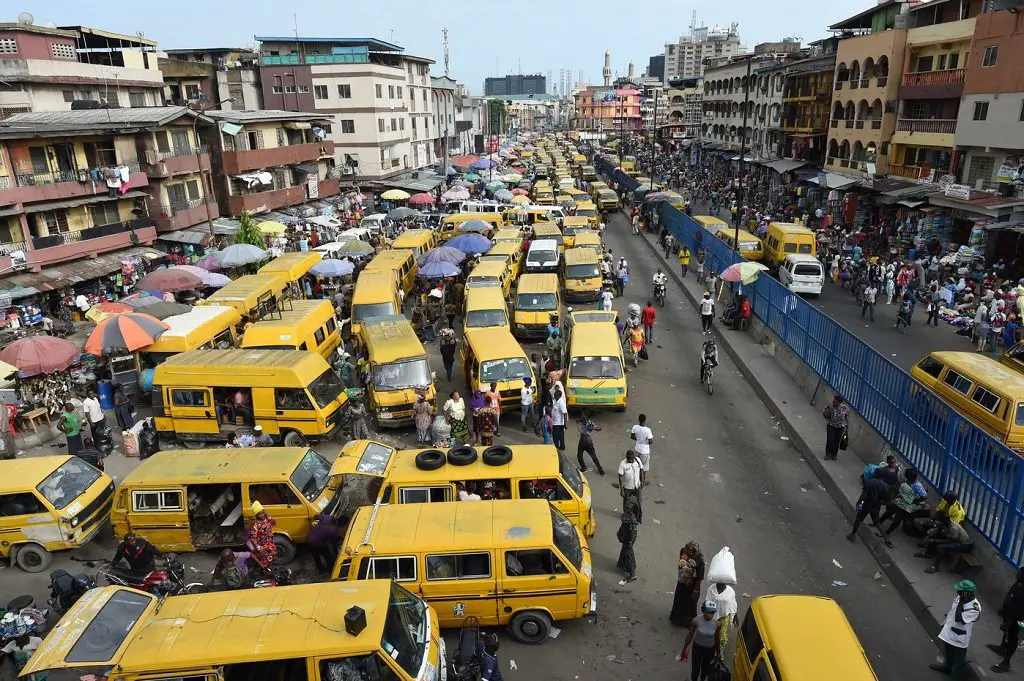On March 13, 2020, the Economic Commission for Africa (ECA) warned that the covid-19 coronavirus crisis could seriously dent Africa’s already stagnant growth.
Oil-exporting nations could lose up to US$ 65 billion in revenues as crude oil prices continue to tumble. Having already strongly hit Africa’s major trading partner, China, covid-19 was inevitably impacting Africa’s trade.
ECA Executive Secretary, Vera Songwe, said: “Africa may lose half of its GDP with growth falling from 3.2 per cent to about 2 per cent due to a number of reasons which include the disruption of global supply chains.”
She added that the continent’s interconnectedness to affected economies of the European Union, China and the United States was causing ripple effects.
US$3-billion facility
Songwe said that Africa would need up to US$ 10.6 billion in unanticipated increases in health spending to curtail the virus from spreading, while on the other hand revenue losses could lead to unsustainable debt.
And as if on cue, the African Export-Import Bank (Afreximbank) announced a US$3-billion facility to help African countries deal with the economic and health impacts of the covid-19 pandemic.
COVID-19’s effect on the construction market in East Africa
Named the Pandemic Trade Impact Mitigation Facility (PATIMFA), the facility will provide financing to assist Afreximbank member countries to adjust in an orderly manner to the financial, economic and health services shocks caused by the covid-19 pandemic, according to information released by the Bank.
PATIMFA was approved by the Bank’s Board of Directors during its sitting on March 20, 2020.
It will support member country central banks, and other financial institutions to meet trade debt payments that fall due and to avert trade payment defaults, said Afreximbank.
The facility will also be available to support and stabilize the foreign exchange resources of central banks of member countries, enabling them to support critical imports under emergency conditions.
In addition, PATIMFA will assist member countries whose fiscal revenues are tied to specific export revenues, such as mineral royalties, to manage any sudden fiscal revenue declines as a result of reduced export earnings. It will also provide emergency trade finance facilities for import of urgent needs to combat the pandemic, including medicine, medical equipment, hospital refitting etc.
The facility will be available through direct funding, lines of credit, guarantees, cross-currency swaps and other similar instruments, according to Afreximbank.
Explaining the rationale for the facility, Prof Benedict Oramah, President of Afreximbank, noted that the covid-19 pandemic brought with it considerable suffering and major economic disruptions.
“Besides its worrying effect on human life, the pandemic is projected to cost the global economy up to US$1 trillion and to result in a significant 0.4 per cent decline in global GDP growth, which is expected to drop from 2.9 per cent in 2019 to 2.5 per cent in 2020,” he said.
“A rapid and impactful financial response is required to avert a major crisis in Africa,” he said, pointing out that “Africa is exposed in many fronts, including significant declines in tourism earnings, migrant remittances, commodity prices and disruption of manufacturing supply chains.”
Afreximbank had already seen sharp pandemic-induced declines in commodity prices, a sudden significant drop in tourism earnings, disruptions in supply chains, and closure of export manufacturing facilities, said Oramah.
The impact on medical supplies and medical systems in many markets had also been unprecedented.
He said that Afreximbank would work with multilateral development banks that had put in place financial assistance programmes in order to secure support to help African countries deal with adverse external shocks and crises arising from the pandemic.
Coronavirus shakes economies, world forced to change perspective on Africa
During the 2015 economic crisis, Afreximbank introduced a Counter-Cyclical Trade Liquidity Facility under which it disbursed more than US$10 billion on a revolving basis to enable member countries adjust to the adverse economic shocks.
Worst hit
The covid-19 pandemic could reduce Nigeria’s total exports of crude oil in 2020 by between US$ 14 billion and US$ 19 billion.
ECA estimates that the virus could lead to Africa’s export revenues from fuels falling at around US$ 101 billion in 2020.
Remittances and tourism are also being affected as the virus continues to spread worldwide, resulting in a decline in FDI flows; capital flight; domestic financial market tightening; and a slow-down in investments – hence job losses.
Pharmaceuticals, imported largely from Europe and other covid-19 affected partners from outside the continent, could see their prices increasing and availability reduced for Africans.
With nearly two-thirds of African countries being net importers of basic food, shortages are feared to severely impact food availability and food security.
Furthermore, negative consequences are expected to worsen, if covid-19 develops into an outbreak in Africa.
In addition, a decline in commodity prices could lead to fiscal pressures for Africa’s economic powerhouses such as South Africa, Nigeria, Algeria, Egypt and Angola, adds ECA.
